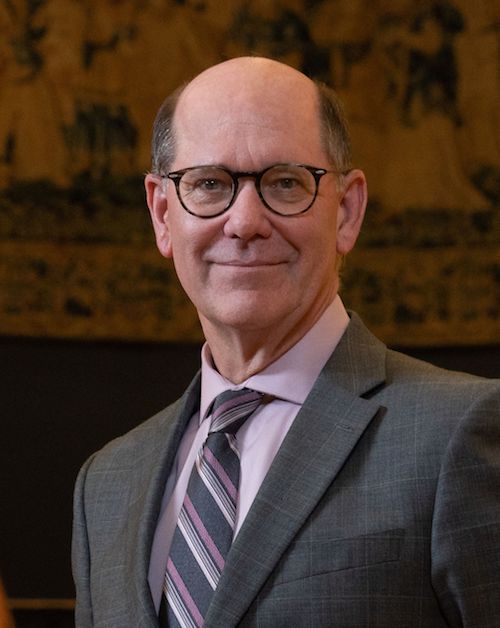Chair Development & Training
Overview
Often the scope, role, and responsibilities of the chair, and what is or should be legitimately outside of the purview ofthe chair, are not entirely clear. Some see the chair as a manager, as the first line of administrative leadership,and/or as a collaborative leader. Even within the same department, faculty may have different ideas of what power a chair can and should assume.
There are three general principles of effective leadership:
- Transparency: Making all kinds of information available and easy to find;
- Uniformity: Leveling the field and dealing equitably with all faculty;
- Assistance: Attending to the needs of faculty by offering mentoring and other types of help.
The presence of an open, transparent, and credible process and a chair who sees it as their primary responsibility to safeguard the integrity of the process is a necessary condition of a collaborative departmental climate—one which both requires and generates faculty commitment and belonging. Given their vital role, chair training is essential.
Goal
To better equip incoming chairs and like roles with a range of topics including deliberative decision-making and workplace conflict.
Scope of Work
- Develop and implement a university-wide orientation for new chairs
- Create a university-level handbook
Committee Members

Andrea Stanton
Religious Studies, College of Arts, Humanities & Social Sciences

Erin Willer
Communication Studies, College of Arts, Humanities & Social Sciences

Hava Gordon
Sociology & Criminology, College of Arts, Humanities & Social Sciences

Keith Ward
Lamont School of Music, College of Arts, Humanities & Social Sciences

Lorenzo Patelli
Institute for Enterprise Ethics, Daniels College of Business

Michelle Knowles
Chemistry & Biochemistry, College of Natural Sciences and Mathematics

Rashida Banerjee
Teaching & Learning Sciences, Morgridge College of Education

Sandra Eaton
Chemistry & Biochemistry, College of Natural Sciences and Mathematics
Contact the Committee



